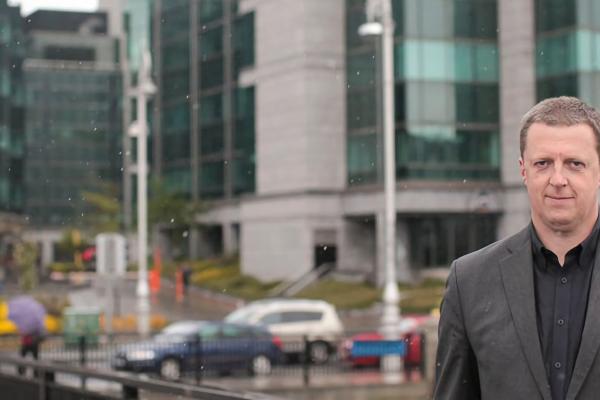The future of the nine to five
The way we work is undergoing a major shift thanks to technological development and demographic change and, this month, Horizon looks at how research is helping us stay ahead of the game. We find out how decisions made early in your career could determine when you retire, and how to get the most out of the relationship between humans and machines in factories. We also investigate some of the ethical issues that could arise in the jobs of the future and how best to take them into account.
Married people who work from home report feeling happier than they were before doing so, and the reason could be that it allows for a fairer distribution of chores, according to a scientist studying the impact of teleworking on wellbeing.
The future of work is here – and it’s defined by flexibility, autonomy and pressure, according to Prof. Seán Ó Riain from Maynooth University, Ireland, who has been studying how workplaces have changed since 1995. He says we need to rethink public services to help people balance work and family in this new era.
Robots are already changing the way we work - particularly in factories - but worries that they will steal our jobs are only part of the picture, as new technologies are also opening up workplace opportunities for workers and are likely to create new jobs in the future.
We need a new bill of rights to absorb the changes brought about by the gig economy, or using apps and websites to arrange casual jobs, which are now spreading to other areas of work, according to an international labour expert speaking at a conference on the future of work.
Policies to extend working life should not exclusively focus on older people as the decision on when to retire is influenced by the course of a person's career, according to researchers investigating the factors affecting how long people work.
Bi-weekly news alert
The best Horizon stories, delivered to your inbox
Subscribe now






